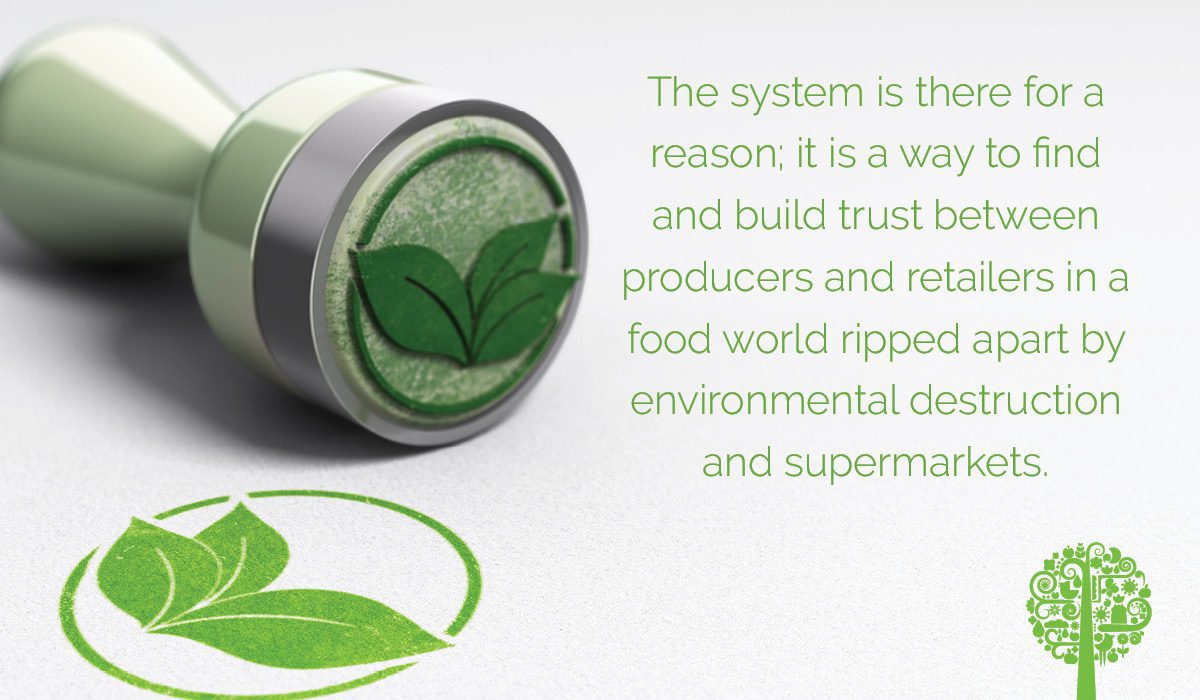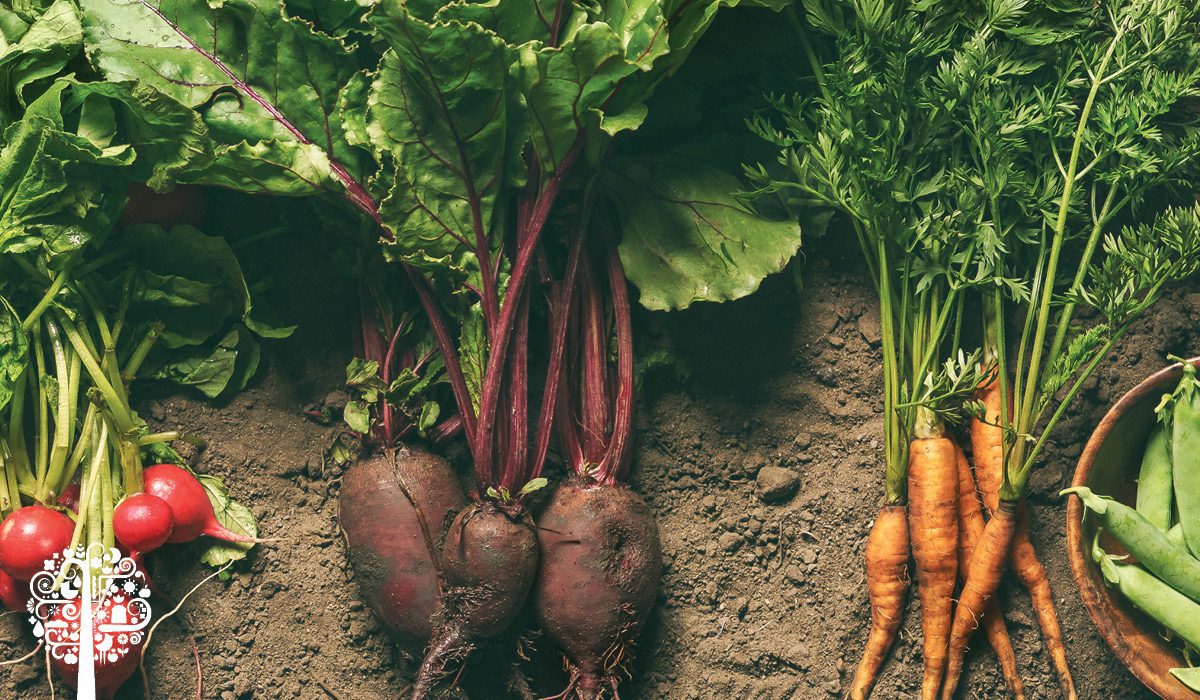Is Organic Certification Worth It For Small Scale Farmers?
“It’s the people who spray the chemicals on their food that should have to label it!” We’ve all heard this one. And it’s true. How we got to a place where to be organic, we have to go through rigorous testing and evaluation is baffling. I suppose it makes sense, though, in some way. Since the ‘green revolution,’ i.e. the sanctioning of pouring tons of chemicals on our land to make some things grow and other things die, it has become the norm.
The Organic Movement
The organic movement was the backlash against this idea; this is the movement I joined. So when I started working in organic food retail in 2004, it was like finding a family. There was so much enthusiasm for the products. There were great relationships with suppliers, and there was a somewhat transparent system there – I could see where stuff was coming from and got to know producers personally; we could help each other.

The system is there for a reason; it is a way to find and build trust between producers and retailers in a food world ripped apart by environmental destruction and supermarkets. It was a way to create a nationwide (and international) network of people working towards the same goals. And it works.
Certification Challenges
When I had to get into the admin of what it was to be a member of a certifying body, I was shocked. As a wholesaler, we had to keep records of everything that came in and went out, and as a grower, receipts for seed, feed, and all produce grown and sold. It seemed that the certifying body was looking for errors and ways to penalize the producer for not adhering to the strict standards. I found it frustrating and demoralizing.
So many people are now producing chemical-free food, and it’s a growing movement, mainly on a smaller scale as far as I’m aware. However, certification is expensive, and in many ways, it can take the trust out of the equation.
Creating Trust
When I began buying for a small box scheme in a more rural place, I quickly realized that almost none of the producers had certification, which was an eye-opener for me. At first, I was a bit mistrustful, wondering how I could be so sure. So, the table had turned for me. By trusting certified organic wholeheartedly as a buyer, I mistrusted everything not certified organic – a negative side of the organic food movement.

Having said all that, I think we need both. Trust needs to be there but not just looking for the right logo. We need to trust the people who make the food. This is the crucial part – if we don’t trust the people who produce our food, we’re in a strange place. Not applying chemicals as a matter of principle is a growing ethos amongst smaller producers and should be trusted. These are the seeds of a more open, accessible food system.




